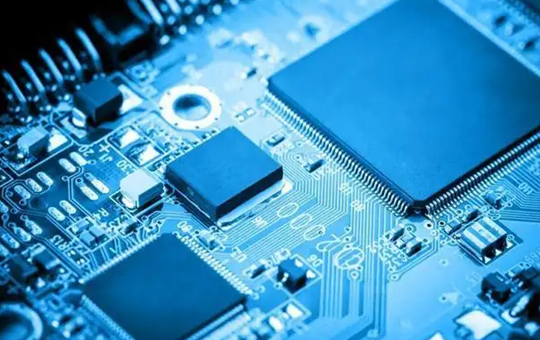1月 03, 2023
2221
It is hard to imagine that after the "shortage of cores", no production capacity, and high wages in 2021, it is ushered in the cut orders, high inventory, and large layoffs in 2022. According to the "Wall Street Journal" recently reported that due to weak demand for computers and mobile phones, chip inventories are at the highest level in more than a decade, and the current chip industry is experiencing an oversupply that has almost never happened before.
According to the analysis of the report, with rising interest rates, the decline of global stock markets and concerns about economic recession this year, consumer demand for electronic products has begun to weaken: chip inventories have begun to accumulate, which is bound to be a big problem for chip manufacturers. lead to a series of cost-cutting measures.
According to Taiwan media "Digital Times", industry insiders revealed that due to the high inventory level of channel distributors, PC brand manufacturers are preparing to launch fierce price competition. Dell, the world's third-largest notebook computer maker, said the company's capital expenditures have slowed, as demand for servers has also slowed, in addition to weak demand for business PCs. Hewlett-Packard, the world's largest computer manufacturer, also predicts that the market's demand for PCs may further decline in 2023.
Regarding the fierce price competition among PC makers, Hewlett-Packard and Acer also expressed similar views. HP's latest financial report shows that in the third fiscal quarter ending October, HP's consumer business revenue including PCs fell sharply by 25%, and notebook computer shipments fell by 26% year-on-year. It plans to cut 10% in the next three years. %post.
According to data from SIG (Susquehanna International Group, L.L.P.), the time between chip orders and deliveries has been shorter than usual in recent months. Chip inventories, which measure inventory levels in days, are at their highest level in more than a decade, according to an analysis by UBS.
Dell's inventory levels have been soaring in the past four quarters, reaching US$5.9 billion, US$6.28 billion, US$5.88 billion and US$6.17 billion respectively, and there is no obvious sign of improvement. Supply Chain estimates that inventories could reach healthy levels as early as the second quarter of 2023.
A buildup of computer inventories added to weakness at semiconductor companies.

The financial report released by the US semiconductor giant Micron Technology on December 21 showed that the first quarter of fiscal year 2023 results, revenue fell by 47% year-on-year, which was lower than market expectations. At the same time, Micron’s revenue guidance for the second fiscal quarter was not only lower than that of the first fiscal quarter, but also worse than the market’s consensus expectations. At the same time, it announced that it would lay off 10% of its employees.
Since Intel CEO Kissinger revealed at the end of 10 that the decline in the PC market has put pressure on profits and the company will start targeted layoffs, Intel has held unpaid leave in Ireland and layoffs in California.
American chip giant AMD is also due to the sluggish PC market, the company's revenue is lower than expected, and its profit slightly exceeds market expectations. AMD President Su Zifeng said that the company is trying to reduce chip shipments to solve the contradiction between supply and demand, and said that PC manufacturers are also doing similar things. adjustment.
It's not just PC sales that have seen their biggest decline in more than 20 years. Smartphone sales have also been flagging, sending chipmakers into the iceberg. Micron said it lowered its forecast for handset shipments this year in its outlook three months ago. The performance guidance released by US chip giant Qualcomm in early November was significantly lower than market expectations.
Some chipmakers, however, see rising inventories as an opportunity. Lattice Semiconductor's inventory increased by about 29% in the year ended October 1, but the company's CEO Jim Anderson is not worried about this, saying that the company's products can be used for 15 to 20 years, and the risk of being eliminated is very high. Low.
According to media analysis, despite short-term oversupply, many chip companies are preparing for long-term growth in chip demand. According to South Korean media reports, Samsung Electronics plans to increase the chip production capacity of its largest semiconductor factory next year despite the overall economic situation is expected to continue to slow down. In addition, Micron plans to build a facility in upstate New York that could cost as much as $100 billion.